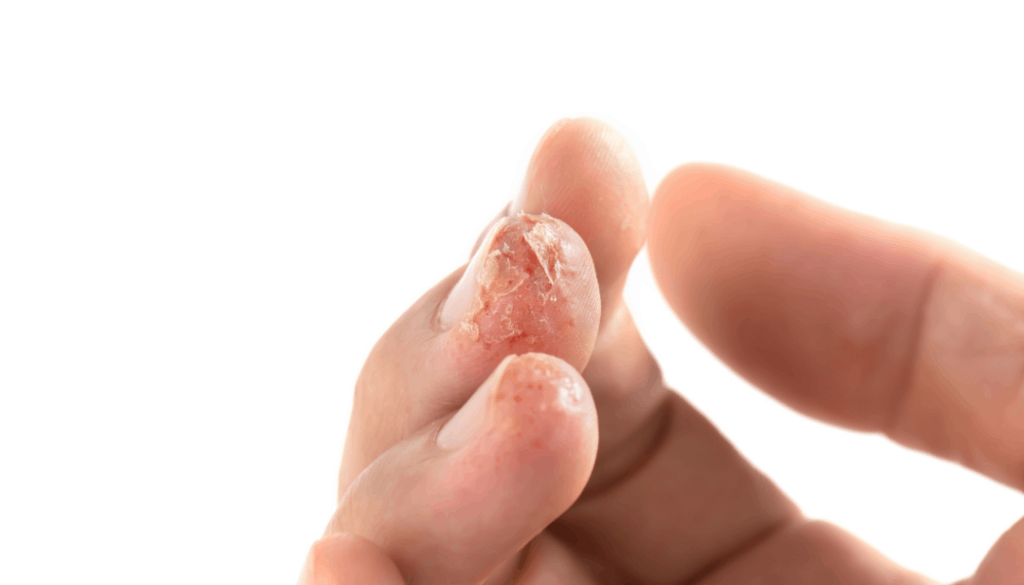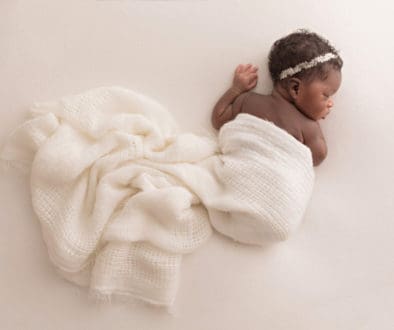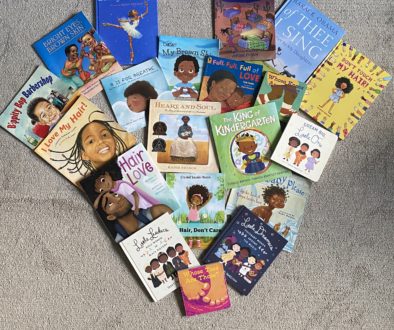Baby Eczema
Did you know that there is possibly a way to prevent eczema? When our children’s pediatrician told me about a study done in infants and the development of eczema, I first wondered how she knew I loved a good research study and then the guilt set in when I realized I could have prevented my baby boy’s suffering. Push any mom (or dad) guilt aside and know that you are doing a great job caring for your baby.
While I am a board-certified clinical pharmacist, I am not a board-certified dermatologist. I’m sharing our story in hopes of helping you better navigate your own situation.
Prevention
Petroleum jelly. Everywhere. I grabbed a jar of Vaseline, rather Equate petroleum jelly (my husband does not believe in name brand products) and slathered it on my baby! His pediatrician challenged us to see how quickly we could go through a jar. My son got a good rub down with every diaper change, nearly 8 times a day.
Avoid triggers, which are anything that causes your child’s skin irritation (these may change over time):
- harsh soap
- excessive bathing
- fragrance – anything that touches their skin (perfumes, lotions, clothing with scented laundry detergent)
- dry air or sudden change in temperature
- skin infections
I am purposely not getting into diet because the link between food allergies and eczema is complex and quite controversial. If you have any question regarding how your baby’s diet is affecting his eczema, speak to his primary provider. They may recommend seeing an allergist or immunologist.
Diagnosis
Atopic dermatitis (eczema) is a chronic skin condition where the skin appears inflamed, red, itchy, and dry. The skin barrier is defective and there is an elevated immune response. Once eczema is diagnosed, creating a treatment plan is next.
Treatment
A treatment plan does not automatically involve medications. What I found the most helpful and what was consistently discussed with us is daily eczema skin care. “Soak and seal” is when you introduce skin hydration with a lukewarm bath for about 10 minutes, pat skin until slightly damp, then apply a thick emollient or moisturizer in one motion within 3 minutes. The most common medications used are topical steroids, but there are also non-steroidal treatments. It may also be recommended to use an antihistamine if your child is itching.
If you are not going to follow the prescribed treatment plan, tell your child’s provider so that more education is done to discuss possible fears you may have or an adjustment to the plan can be made to make it more suitable for your family to follow. If your provider is talking at you and not collaborating with you, work on building that relationship or find another provider. This blog has great tips on how to be your child’s health care advocate.
Clinical Pearl: Know the details on how to use prescribed medication: application sites (and where not to apply), how much, what frequency, and for how long
It is extremely frustrating to do everything you know to do and have been told to do without seeing any benefit. Please share with anyone you know of dealing with eczema in their child or is pregnant. Prevention is better than treatment.
I am sharing the products and brands that were recommended by the dermatologists we have seen over the months. Babies can simply be bathed with water only or soap to the “hot spots” that are more likely to get dirty. You have to go through some trial and error until you find what works for your child at this stage. As an Amazon Associate, I earn from qualifying purchases.
Mustela cleanser and moisturizer




